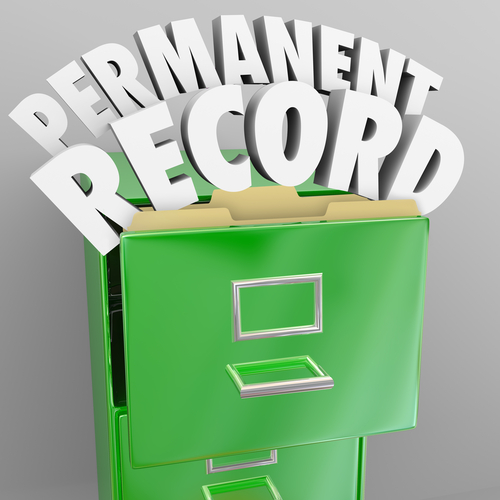Picture this: You’re leaving your current employer to start a new job or pursue other interests, and you’re about to receive a payout of the money in your retirement plan. What will you do with it? Keep the money invested and working full-time on your behalf in a tax-deferred retirement savings account? Or take the cash?
An Expensive Decision
While there may be circumstances that make taking the cash a necessity, it is generally not a smart move. First and foremost, you shortchange your financial future by cashing out and spending the money. Second, you’ll have to pay tax on the distribution, which means you may end up with less money than you had planned.*
Here’s how it works. Your distribution will be taxable to you at your ordinary income-tax rate. In fact, your employer is required to withhold 20% of your distribution as a “down payment” on your federal income-tax bill for the year. There could also be a 10% early withdrawal penalty on the distribution. (Some exceptions apply.)
If you don’t want to cash out the savings in your retirement plan when you leave, you have other options.
Let It Be
Instead of taking a distribution, you may be able to leave your money in your plan until you retire. Choosing this option lets you avoid a current tax bill and a possible penalty and it keeps your money invested tax deferred. Your plan administrator can tell you whether this option is available to you.
Roll It Over
Moving your money to an individual retirement account (IRA) or another employer’s plan that accepts rollovers is another option. In either case, it’s usually best to ask the administrator of your current plan to transfer your balance directly to the administrator of your new plan or the rollover IRA. You’ll avoid the automatic 20% withholding tax and any penalty that way. And your retirement savings can continue to grow uninterrupted.
Be smart. Keep your money working full-time for your future. To learn more about tax rules and regulations, give us a call today. Our knowledgeable and trained staff is here to help.
* Some plans allow participants to make after-tax Roth contributions. Distributions of Roth contributions and related earnings will not be subject to federal income tax when certain tax law requirements are met.
…from the Team of Professional at RE-MMAP We are just a click or call away. www.re-mmap.com and phone # (561-623-0241).
